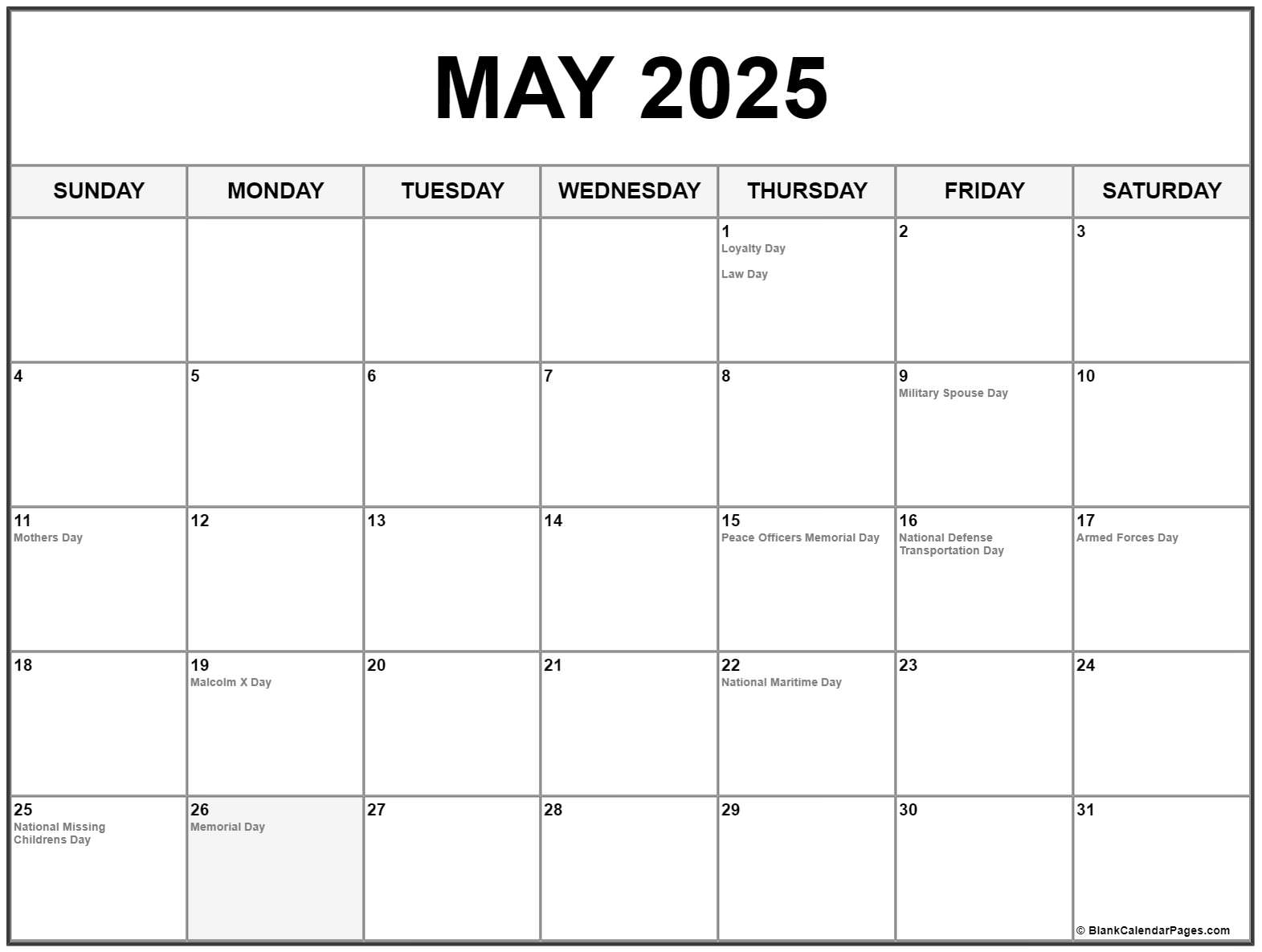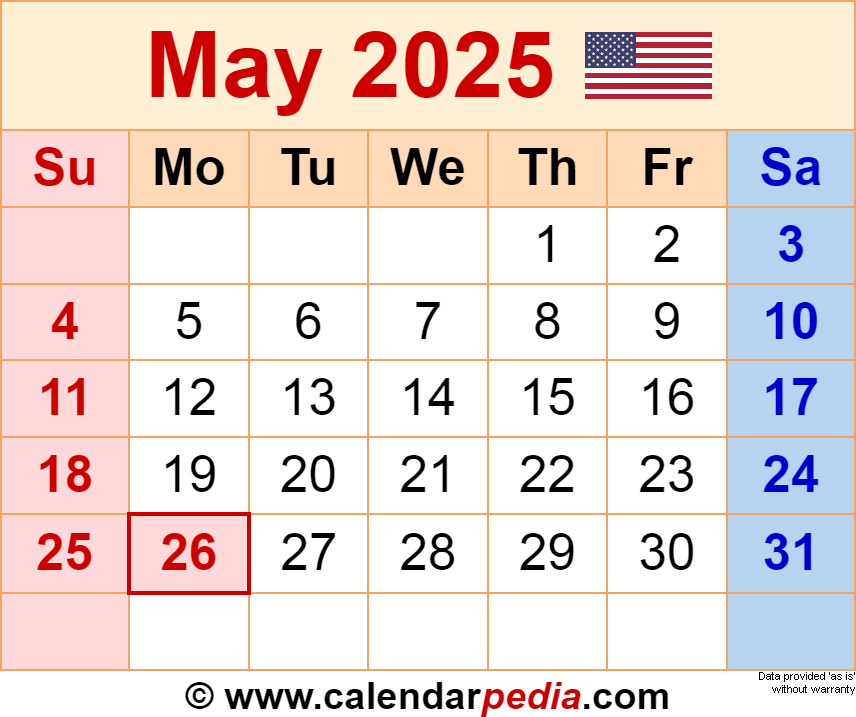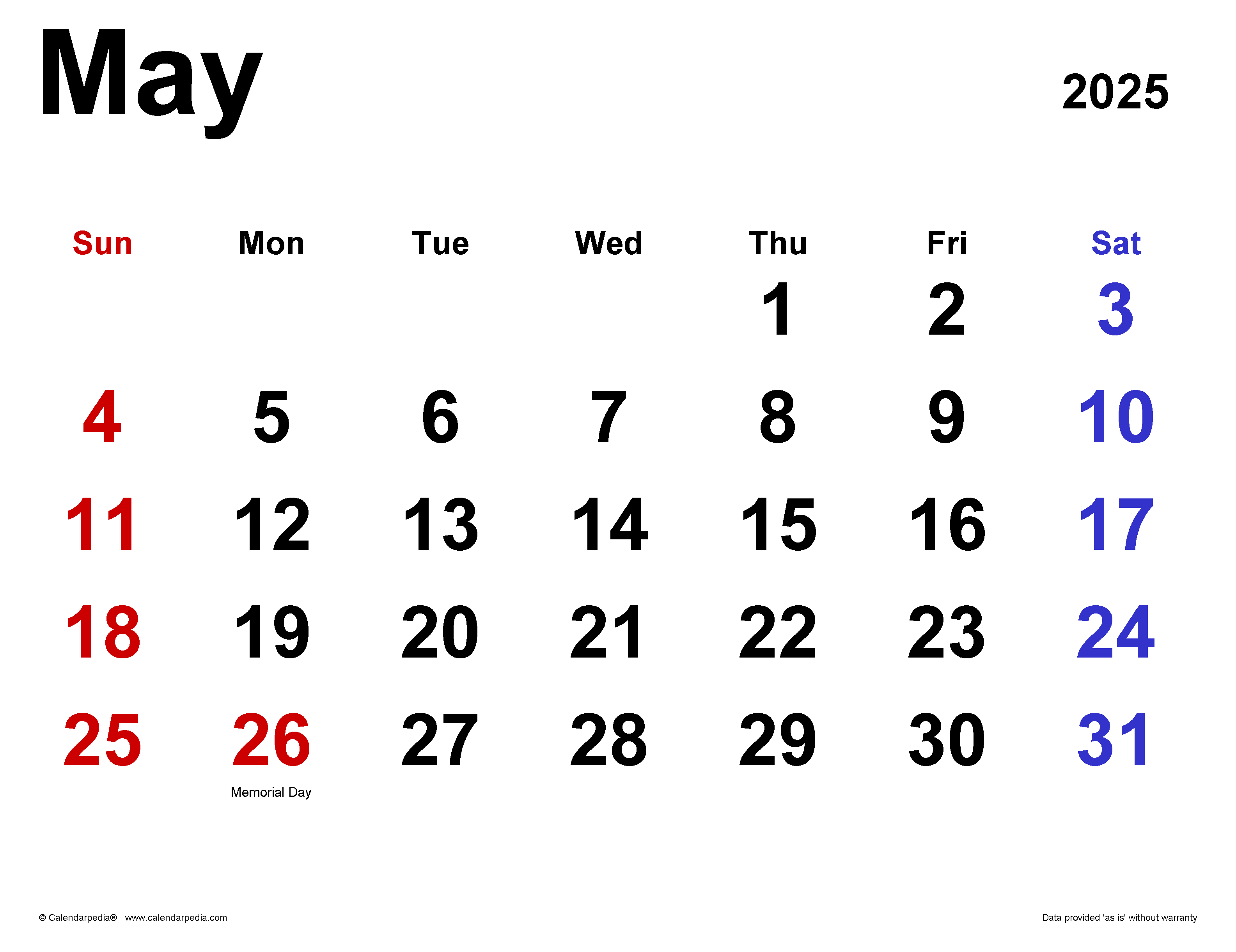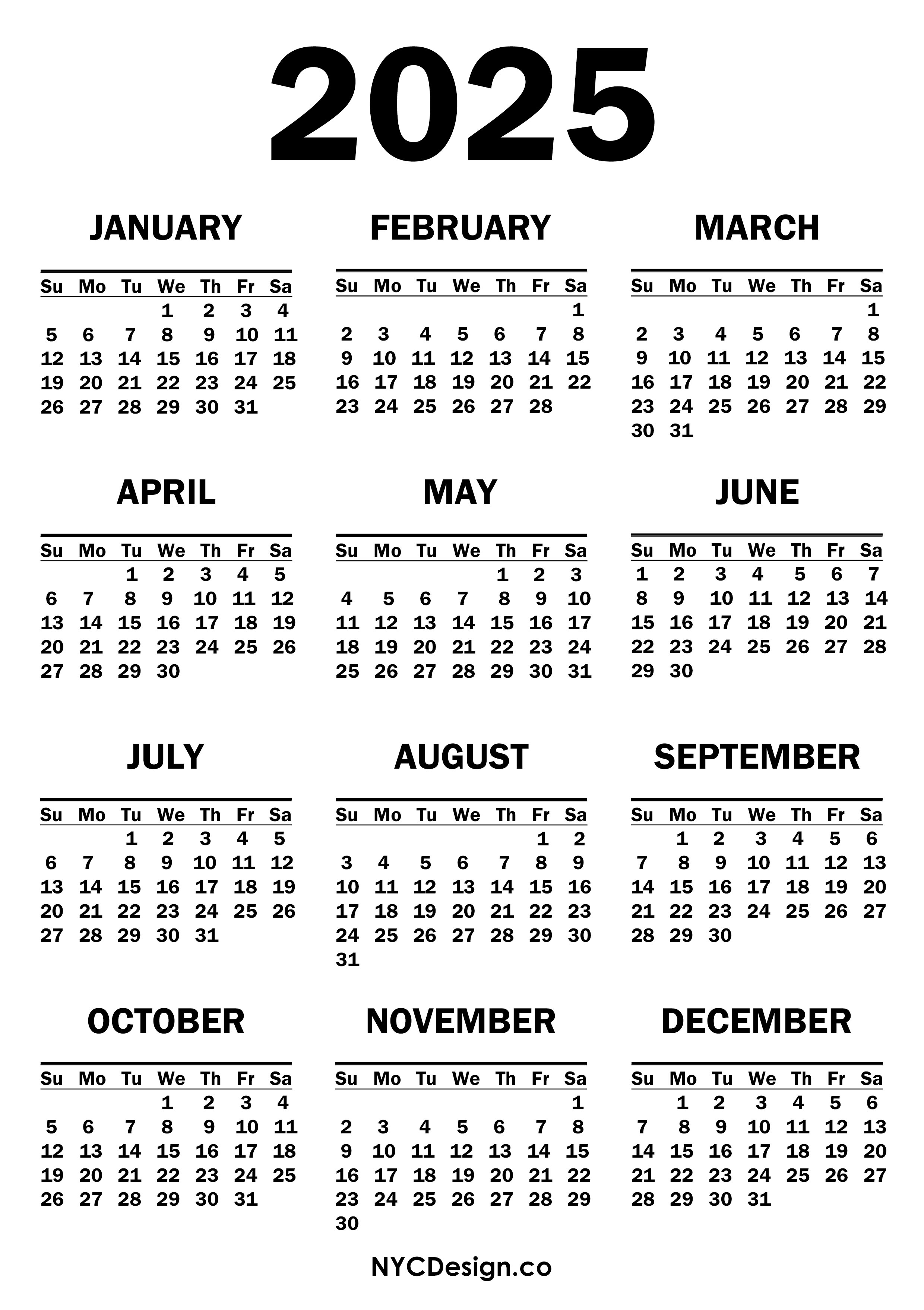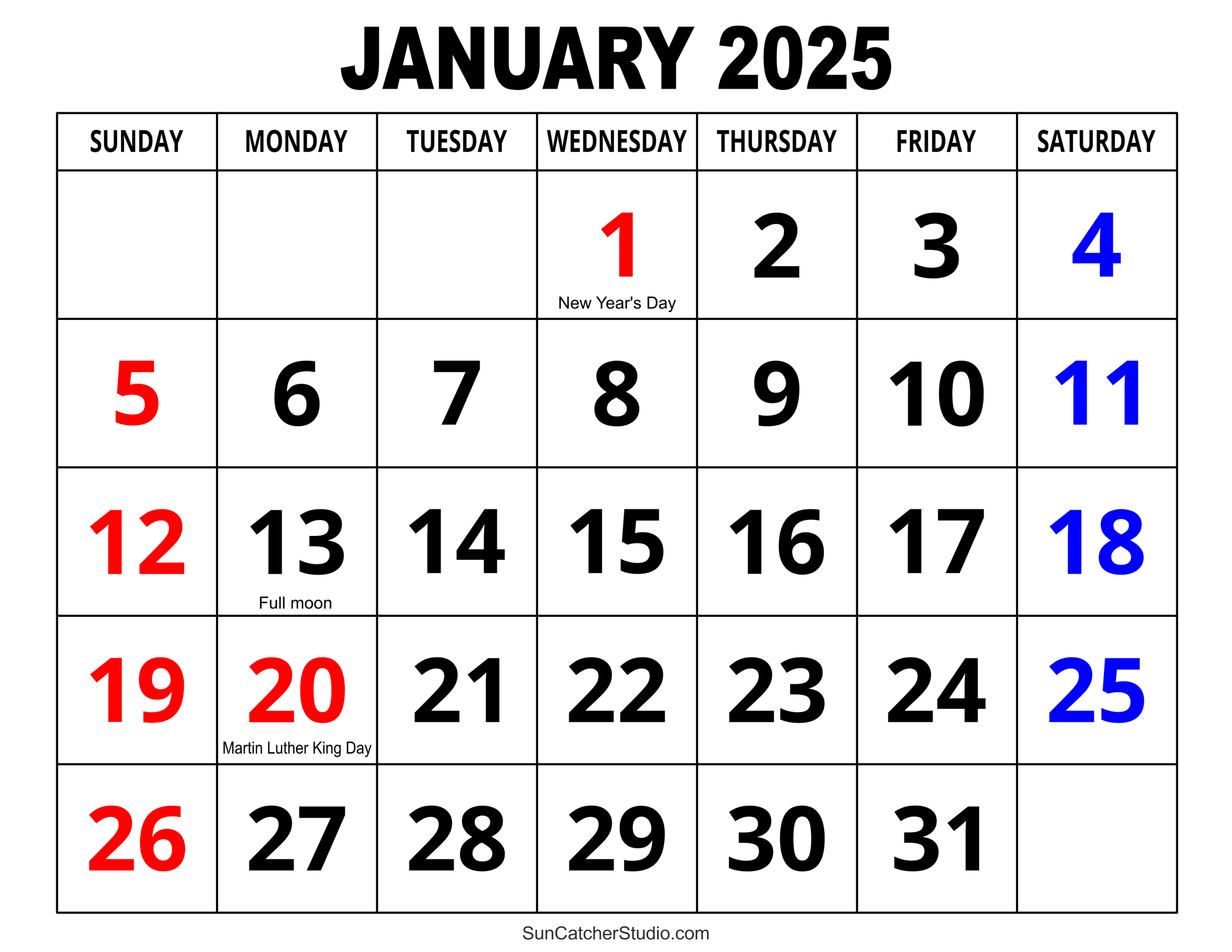Should May 2025 Calendar Be Shortened
Should the May 2025 Calendar Be Shortened? A Comprehensive Examination
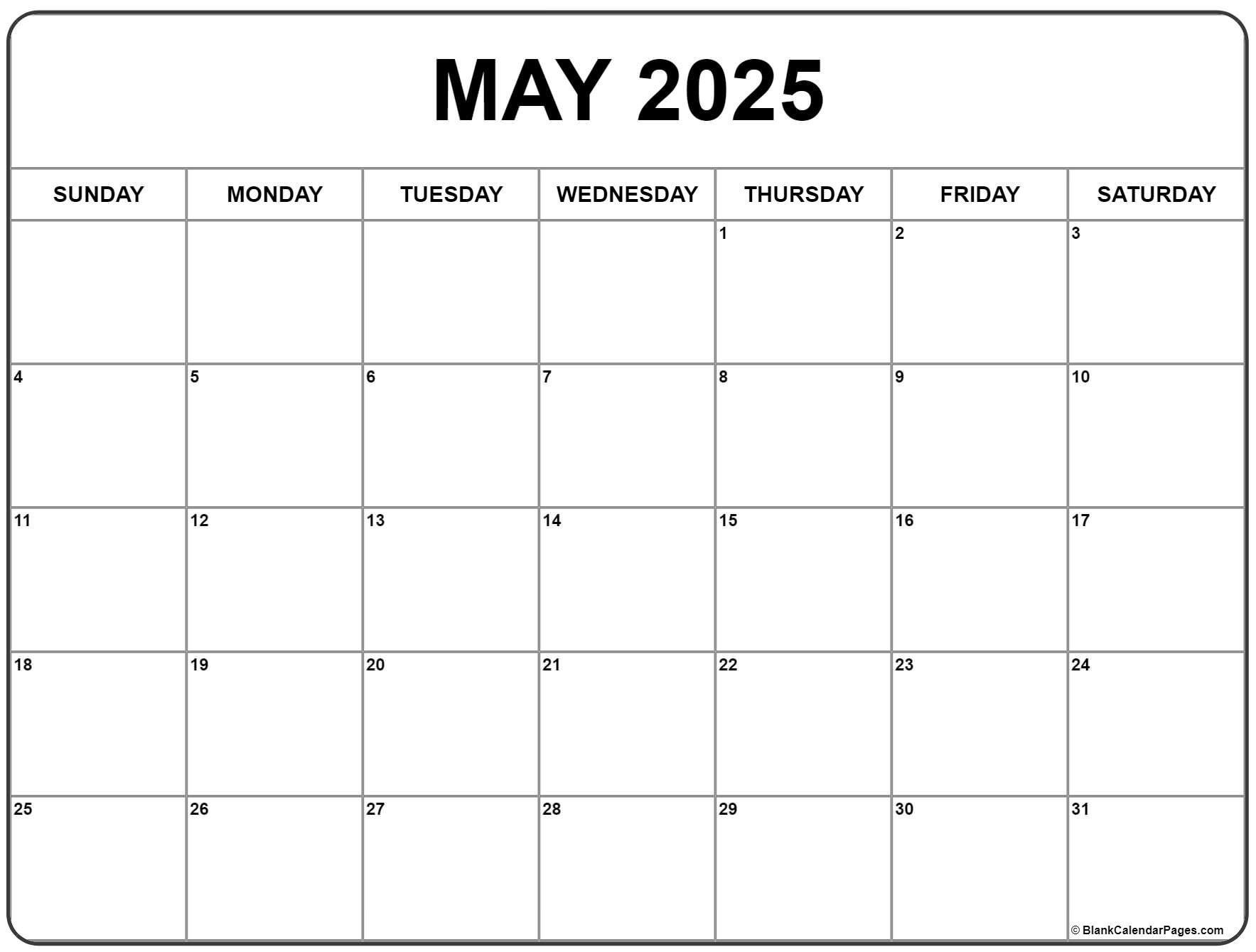
The seemingly innocuous question of whether to shorten the May 2025 calendar might seem absurd at first glance. After all, calendars are fixed, dictated by the established Gregorian system, right? However, a closer look reveals a complex interplay of factors – logistical challenges, economic considerations, and even philosophical arguments – that warrant a serious discussion about the feasibility and desirability of altering the length of a specific month in a specific year. While a complete calendar overhaul is impractical, the specific case of May 2025 presents a unique opportunity to explore this intriguing proposition.
The impetus for this discussion stems from the unusual confluence of events potentially occurring in May 2025. Let’s imagine, for the sake of argument, that several major international conferences, significant religious holidays, and crucial national elections are all scheduled to fall within the same month. This hypothetical scenario, though currently fictional, highlights the potential for scheduling conflicts and logistical nightmares. A crowded May 2025 could lead to widespread travel disruptions, strained resources, and ultimately, reduced efficiency across numerous sectors.
The Arguments for Shortening May 2025:
The primary argument for shortening May 2025 hinges on the potential to alleviate the aforementioned logistical pressures. By strategically removing a few days from the month, the density of events could be reduced, allowing for smoother transitions and better resource allocation. This could translate into several tangible benefits:
- Reduced Travel Congestion: A shorter May would lessen the strain on airports, railways, and roadways, mitigating travel delays and improving overall transportation efficiency. The economic benefits of reduced travel time and associated costs would be significant.
- Improved Resource Management: Hotels, event venues, and other service providers would face less demand, allowing them to provide better service and avoid price gouging. This improved resource management could extend to emergency services and healthcare, ensuring adequate capacity during a period of potentially high demand.
- Enhanced Productivity: By reducing the concentration of events, individuals and organizations could better focus their efforts, leading to improved productivity and reduced stress levels. A less hectic month would allow for more effective planning and execution of tasks.
- Preemptive Mitigation of Potential Conflicts: A proactive measure like shortening the month could preemptively address potential conflicts arising from overlapping events. This would minimize disruptions and ensure a smoother operational environment.
The Arguments Against Shortening May 2025:
While the benefits of a shortened May 2025 are compelling, several significant counterarguments must be considered:
- Calendar Chaos: Altering the length of a single month would introduce unprecedented chaos into the global calendar system. International agreements, financial transactions, and countless other processes rely on the consistency and predictability of the Gregorian calendar. Changing this would have far-reaching and potentially catastrophic consequences.
- Legal and Regulatory Complications: Adjusting the calendar would necessitate significant changes to legal frameworks and regulatory processes. Contracts, deadlines, and legal proceedings are all tied to specific calendar dates, and altering these dates would create legal ambiguities and disputes.
- Economic Disruption: The economic ramifications of a calendar change would be substantial. Businesses would need to adjust their schedules, financial systems would require updates, and the overall cost of implementing such a change would be immense.
- Social Disruption: The alteration of the calendar would also have profound social consequences. People’s routines, social events, and personal schedules would be disrupted, leading to potential confusion and dissatisfaction.
Alternative Solutions:
Instead of drastically altering the calendar, alternative solutions should be explored to address the potential overcrowding of May 2025. These could include:
- Rescheduling Events: Collaboratively rescheduling some of the planned events to different months could alleviate the pressure on May 2025 without disrupting the established calendar system.
- Improved Event Coordination: Better coordination between event organizers could help minimize overlapping schedules and improve resource allocation.
- Technological Solutions: Utilizing advanced scheduling software and communication tools could help streamline event management and reduce logistical challenges.
- Increased Infrastructure Investment: Investing in additional infrastructure, such as improved transportation networks and event venues, could enhance capacity and reduce strain during periods of high demand.
Conclusion:
The proposition of shortening the May 2025 calendar, while intriguing in its potential to address logistical challenges, is ultimately impractical and fraught with significant risks. The disruption to the established global calendar system, the legal and economic ramifications, and the potential for social unrest far outweigh the potential benefits. Instead of resorting to such a drastic measure, focusing on alternative solutions like improved event coordination, rescheduling, and increased infrastructure investment would be a more effective and less disruptive approach to managing the potential overcrowding of May 2025. The inherent stability and predictability of the Gregorian calendar should be preserved, as any deviation from this established system would have far-reaching and potentially devastating consequences. The focus should remain on optimizing existing systems and collaborative planning to ensure a smooth and efficient May 2025, rather than attempting to fundamentally alter the structure of time itself. The hypothetical scenario presented here serves as a valuable case study to highlight the critical importance of proactive planning and coordination in managing large-scale events and avoiding potential future logistical crises.

